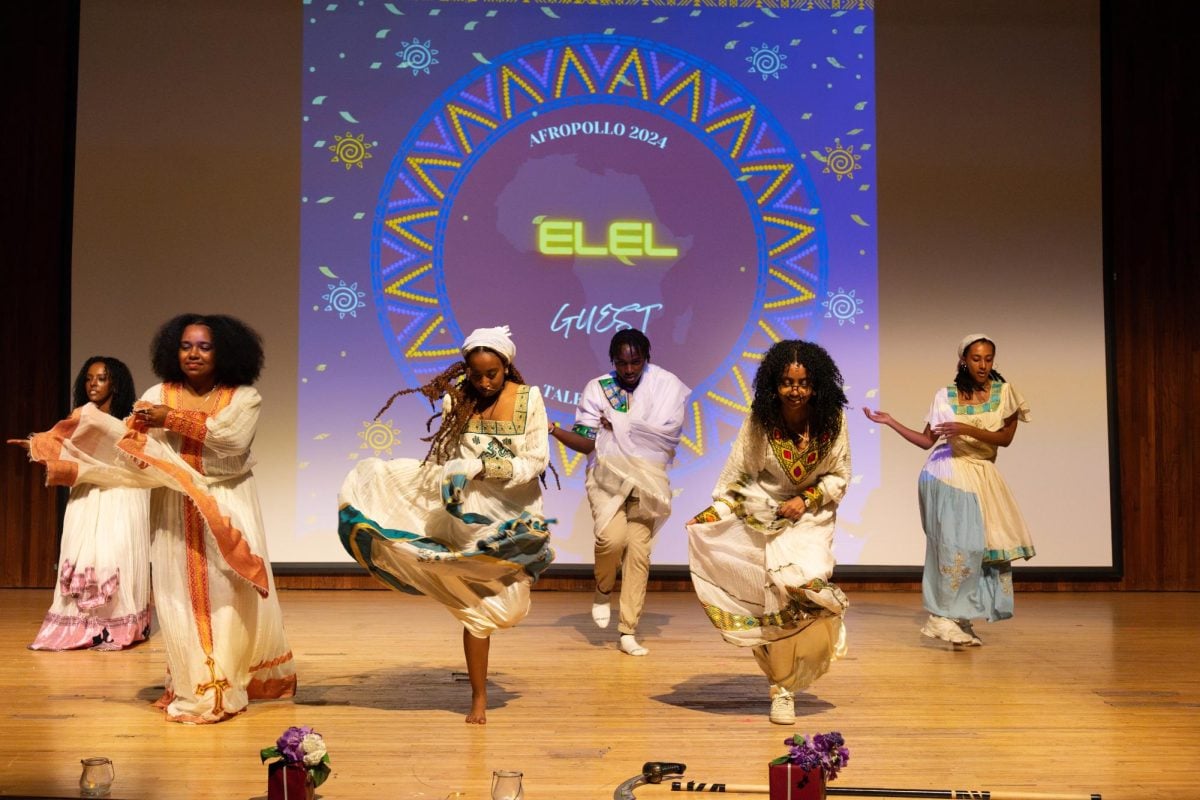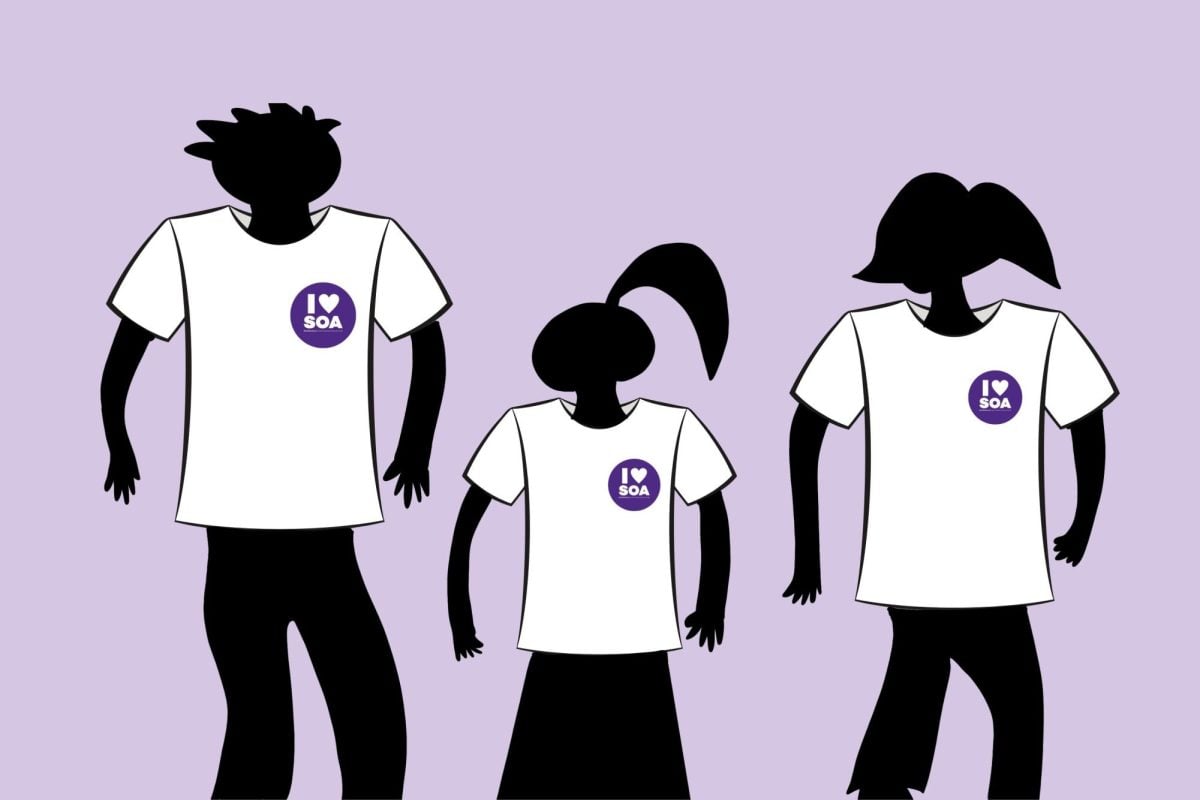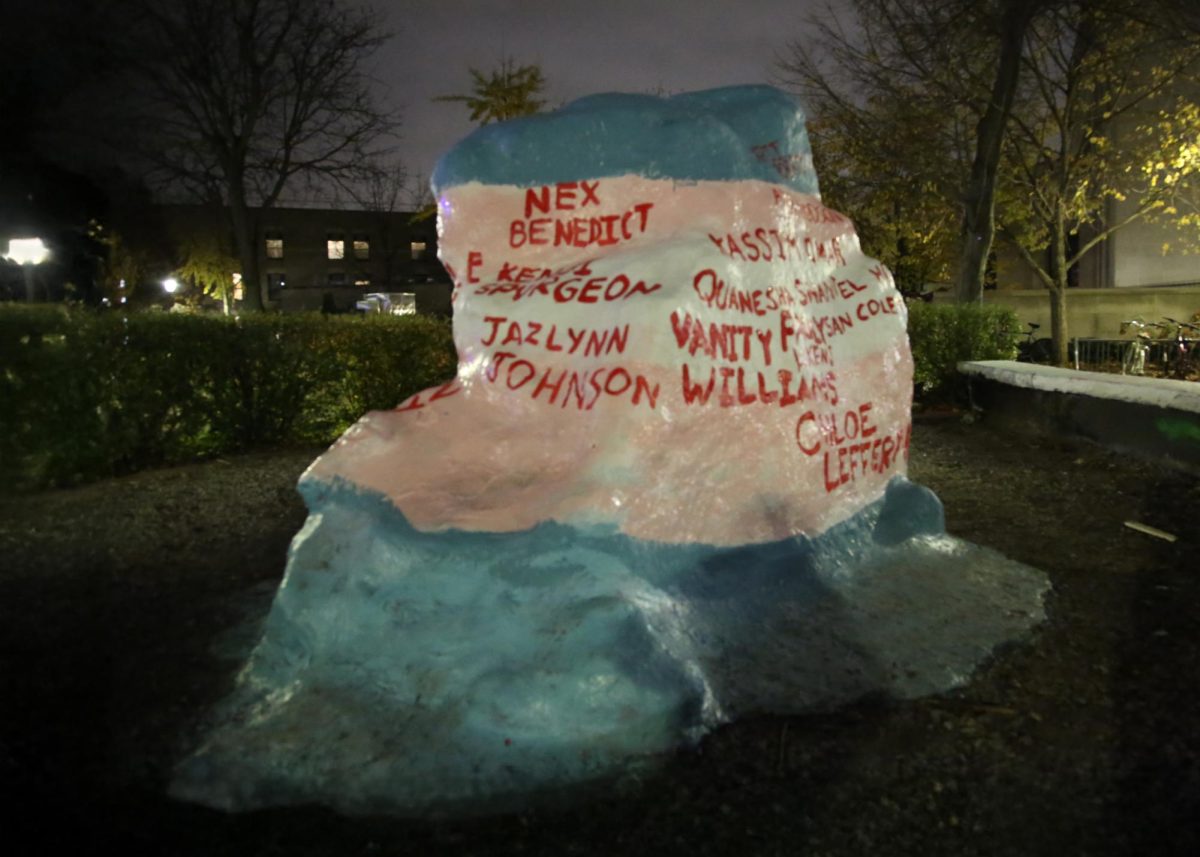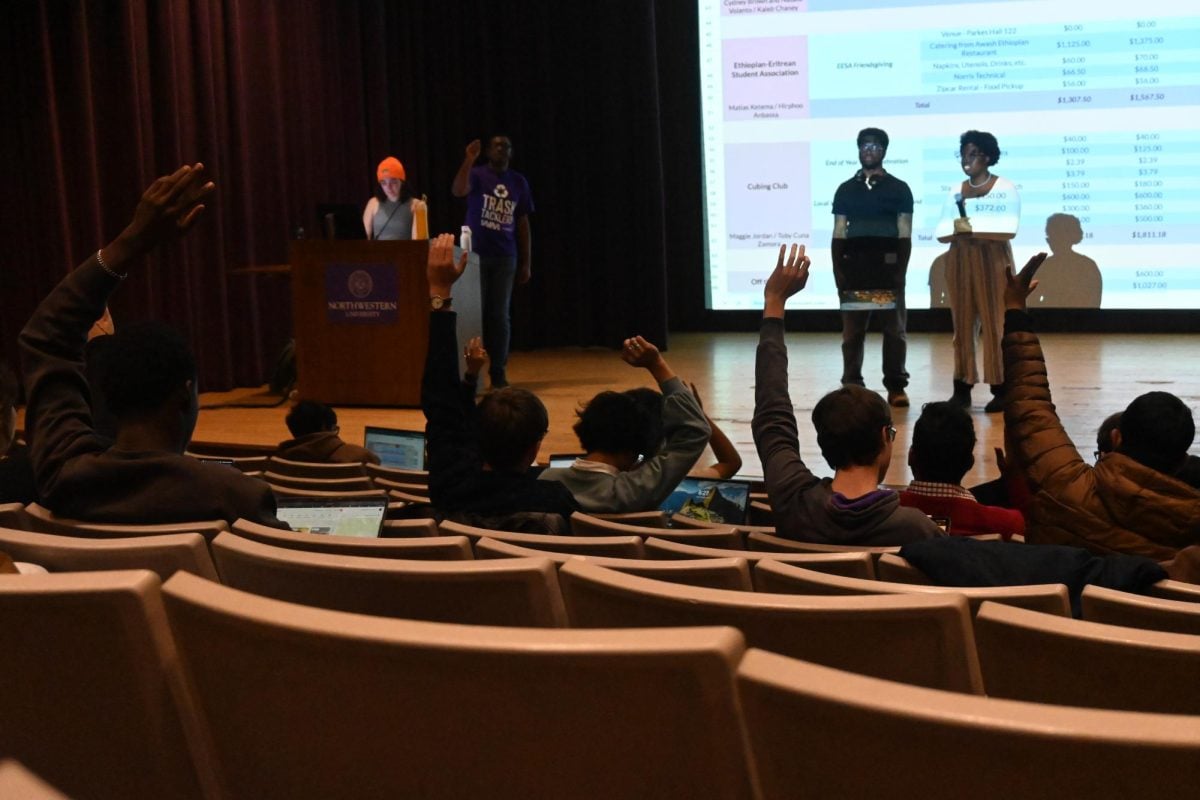As Northwestern prepares to celebrate Founder’s Day later this month, some students are calling on school officials to also recognize the violent history of John Evans, one of the University’s primary founders.
This week, students from the Native American and Indigenous Student Alliance will begin actively petitioning for the University to “formally recognize its founder’s responsibility” for the 1864 Sand Creek Massacre, which resulted in the slaughter of about 150 peaceful Cheyenne and Arapaho natives, many of them women and children. The group, established last spring, also calls for the creation of a Native American studies program, a Cheyenne and Arapaho scholarship fund and a memorial for the massacre’s victims.
NAISA co-president Adam Mendel said the group plans to seek student support until Founder’s Day on Jan. 28. The group first introduced the petition to the NU community during a Nov. 29 forum at Alice Millar Chapel marking Sand Creek’s 148th anniversary. NAISA posted the petition to Facebook after the forum, although without the ability to electronically sign the petition.
The group hopes to have secured an official statement from President Morton Schapiro by the end of the month. The petition’s guidelines also call for the formation of a commission to compile a report with suggestions for reaching out to the Native American community and for the appointment of an adviser in Multicultural Student Affairs to support Native American students.
Mendel said it is important for the University to recognize Evans’ participation in the massacre as part of the history of NU. Establishing a Native American academic program here would help to counteract a painful past, he said.
“A lot of times with historical events people tend to try to put them in the past and say it’s not important,” the Weinberg senior said. “But with Sand Creek, the University is directly tied to that event.”
Even though NAISA only recently began actively canvassing the student body, the group has already approached University administrators with their requests. Toward the end of Fall Quarter, members met with Burgwell Howard, assistant vice president for student engagement, and representatives from MSA to discuss the group’s goals.
Howard said he “learned a lot” from his meeting with the students and expects to continue doing so through ongoing conversations this quarter. Although Howard supports resources for students of Native American descent, he noted the challenges of establishing a new academic department.
“Starting a new department is not a small undertaking,” he said. “You really need not only a critical mass of students to take the courses, but you also need scholars to teach the courses.”
Mendel said NU professors who have focused on Native American studies have failed to receive tenure.
Other cultural programs have faced similar challenges. The Latina and Latino Studies Program has only been in place since 2008, and establishing the Asian American Studies Program 14 years ago was a contentious issue at the University.
“It took a hunger strike to get that one started,” Mendel said of the Asian American Studies Program.
Gary Fine, the John Evans Professor of Sociology at NU, said he supports NAISA’s petition for its historical significance. Fine said the University should recognize that NU is built on “blood money,” similar to other universities recognizing their early ties to slavery.
“It’s an opportunity for the University,” he said. “It’s a case of remembering that great institutions have to confront their past.”
In addition to the petition, NAISA will work this quarter to secure recognition from Associated Student Government and collaborate with Northwestern Community Development Corps to create a volunteer program at the American Indian Center of Chicago.


















